The FTC's Case Against Meta: WhatsApp, Instagram, And The Future Of Competition
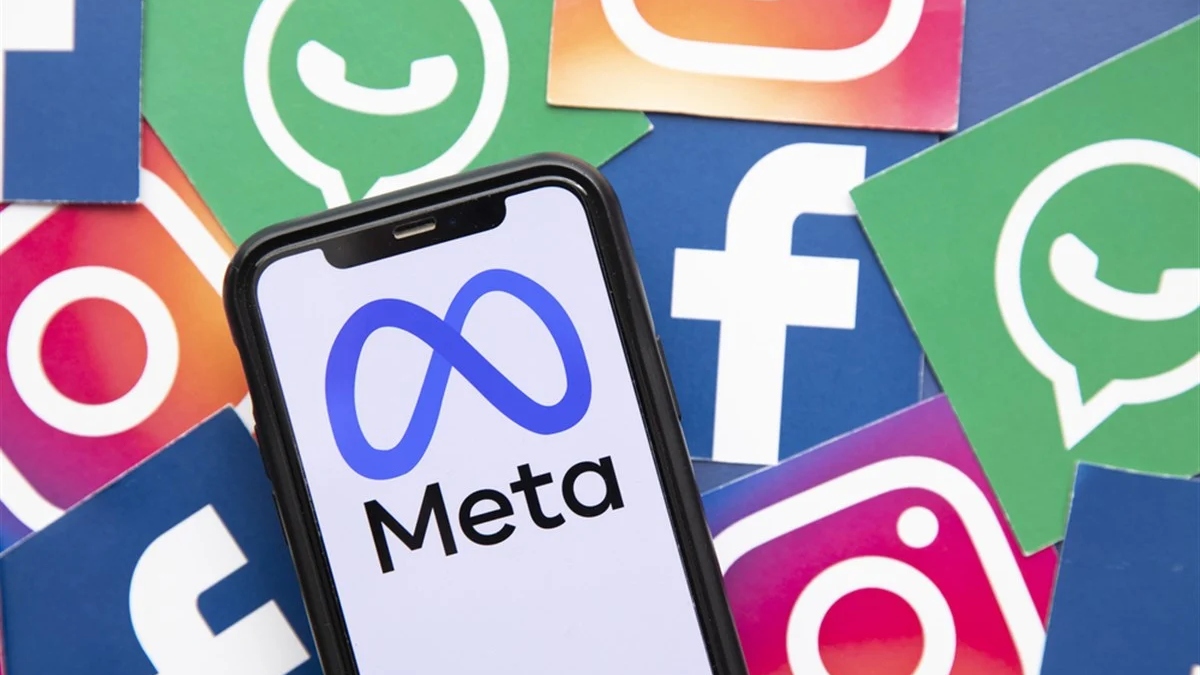
Table of Contents
Meta's Acquisition of WhatsApp and Instagram: A Monopoly in the Making?
The FTC's case hinges on Meta's acquisitions of WhatsApp in 2014 for $19 billion and Instagram in 2012 for $1 billion. These acquisitions, while seemingly separate events, are now viewed as crucial steps in Meta's alleged strategy to dominate the social networking and messaging landscape. At the time, the acquisitions were lauded as strategic moves, expanding Meta's (then Facebook's) reach and capabilities. However, the FTC argues these acquisitions were anti-competitive, eliminating potential rivals and stifling innovation.
Meta's market share in social networking and messaging is undeniably substantial. Facebook remains a dominant player, while Instagram and WhatsApp boast billions of users worldwide. This immense market power, the FTC contends, was solidified through these acquisitions.
- Evidence of anti-competitive behavior: The FTC points to evidence suggesting Meta actively prevented the growth of competitors by leveraging its market power and integrating acquired platforms to limit interoperability.
- Arguments for and against the acquisitions being anti-competitive: Proponents of the FTC’s argument highlight the lack of viable competitors in the messaging and social networking space post-acquisitions. Conversely, Meta's defense often centers on the argument that the acquisitions fostered innovation and offered benefits to consumers.
- Expert opinions on the impact of the acquisitions: Economists and legal experts offer differing opinions on whether these acquisitions were truly anti-competitive. Some argue that Meta's actions created barriers to entry for new competitors, limiting consumer choice. Others contend that the acquisitions ultimately benefited consumers through improved products and services.
The FTC's Arguments and Legal Strategy
The FTC's lawsuit against Meta rests on violations of Section 7 of the Clayton Act, which prohibits mergers and acquisitions that substantially lessen competition. The commission argues that Meta engaged in anti-competitive practices to maintain its dominance, suppressing innovation and limiting consumer choice.
- Key evidence presented by the FTC: This includes internal Meta communications, market analyses, and testimony from competitors.
- Potential penalties and remedies sought by the FTC: The FTC seeks significant penalties and could request a divestiture, forcing Meta to sell either WhatsApp or Instagram to restore competition.
- Meta's defense strategy: Meta's defense centers on arguments that the acquisitions were pro-competitive, leading to innovation and benefits for consumers, and that the FTC's claims lack sufficient evidence of harm to competition.
The Impact on Consumers and Innovation
The FTC's case against Meta has profound implications for consumers and the future of innovation. A lack of competition could lead to:
- Reduced innovation: Without competitive pressure, Meta might have less incentive to develop new features and improve its services.
- Higher prices (or reduced value): A lack of alternatives could lead to less value for consumers, manifested through features limitations, data privacy concerns, or even higher pricing for equivalent services.
- Limited consumer choice: A near-monopoly restricts consumer choice, limiting their ability to select platforms aligned with their values and preferences.
The case also impacts smaller social media companies and startups. The presence of a dominant player like Meta makes it challenging for smaller companies to compete, potentially stifling innovation and entrepreneurial activity in the social media sector.
- Arguments for and against the FTC's intervention: Some argue that government intervention is necessary to protect competition and prevent monopolies. Others argue that the market should regulate itself, and the FTC's intervention is overreach.
- The role of consumer choice and competition: A vibrant competitive landscape ensures consumer choice and drives innovation in the social media market.
- Long-term effects on technological development and innovation: The outcome of this case will significantly shape the long-term landscape of social media, affecting technological advancements and the overall user experience.
The Future of Social Media Regulation
The FTC's case against Meta is a landmark case with significant implications for the future of social media regulation. Its outcome could lead to:
- Increased scrutiny of mergers and acquisitions in the tech sector: Expect more rigorous reviews of future tech acquisitions.
- Changes to antitrust laws and enforcement: The case might spur legislative changes to strengthen antitrust laws and enhance regulatory oversight of tech giants.
- International implications of the case: The case sets a precedent that may influence antitrust enforcement worldwide.
The future of social media consolidation remains uncertain, but the FTC's lawsuit signals a growing global awareness of the importance of competition in the digital realm.
- The role of government regulation in promoting competition: Governments worldwide face the challenge of balancing innovation with the prevention of monopolies.
- Predictions for the future of social media consolidation and competition: The outcome will likely shape the future of social media consolidation and competition, significantly impacting both market dynamics and user experience.
Conclusion: The FTC's Case Against Meta: A Turning Point for Competition?
The FTC's case against Meta is a pivotal moment in the ongoing debate about the future of competition in the social media industry. The acquisitions of WhatsApp and Instagram are at the heart of this battle, with the FTC arguing they represent anti-competitive behavior leading to a near-monopoly. The potential consequences – for consumers, innovation, and the broader tech landscape – are immense. The outcome will not only shape Meta's future but also set a precedent for future antitrust enforcement and social media regulation globally. Stay tuned for updates on the FTC's case against Meta and its implications for the future of competition in the social media landscape. The implications of this FTC lawsuit against Meta and its impact on the future of social media competition will continue to unfold.

Featured Posts
-
 Nba Tankathon A Miami Heat Fans Off Season Obsession
May 13, 2025
Nba Tankathon A Miami Heat Fans Off Season Obsession
May 13, 2025 -
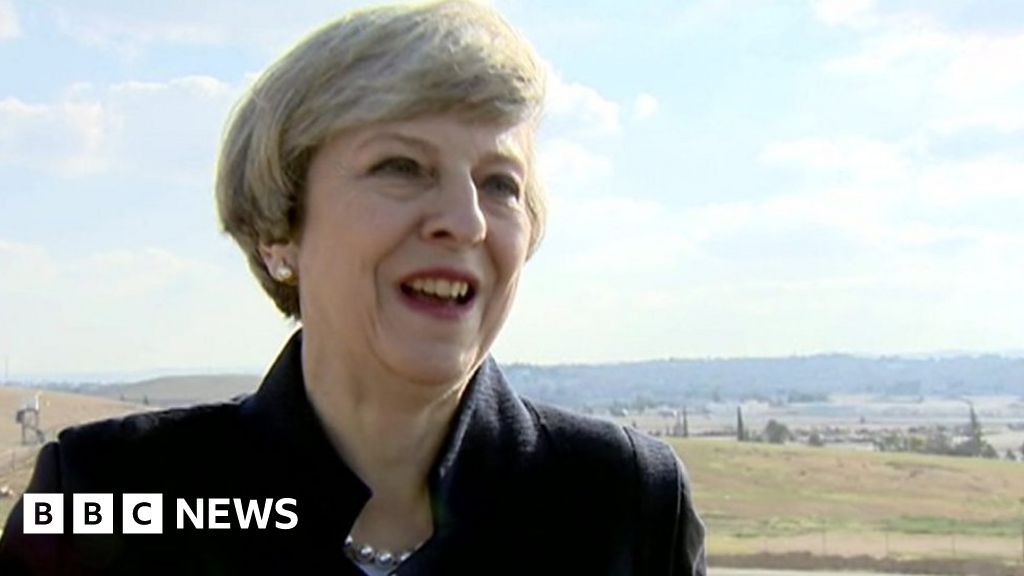 The Gibraltar Question Brexit Negotiations At An Impasse
May 13, 2025
The Gibraltar Question Brexit Negotiations At An Impasse
May 13, 2025 -
 Portola Valley Preserve Search Intensifies For Missing 79 Year Old
May 13, 2025
Portola Valley Preserve Search Intensifies For Missing 79 Year Old
May 13, 2025 -
 Cassie Ventura Pregnant Expecting Baby No 3 With Alex Fine
May 13, 2025
Cassie Ventura Pregnant Expecting Baby No 3 With Alex Fine
May 13, 2025 -
 Chris And Meg Experience A Wild Summer
May 13, 2025
Chris And Meg Experience A Wild Summer
May 13, 2025
Latest Posts
-
 Canadian Online Retailers Selling Banned Candles Etsy Walmart Amazon
May 14, 2025
Canadian Online Retailers Selling Banned Candles Etsy Walmart Amazon
May 14, 2025 -
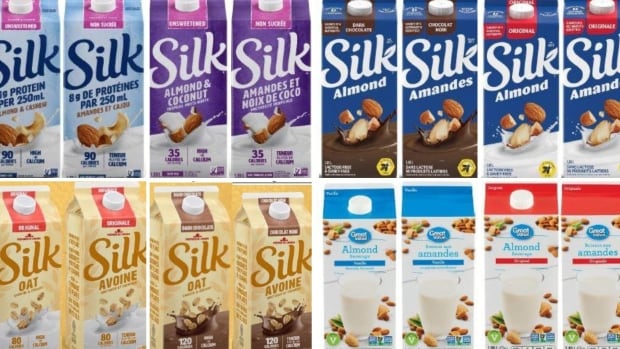 Great Value Product Recalled In Michigan Check Your Pantry
May 14, 2025
Great Value Product Recalled In Michigan Check Your Pantry
May 14, 2025 -
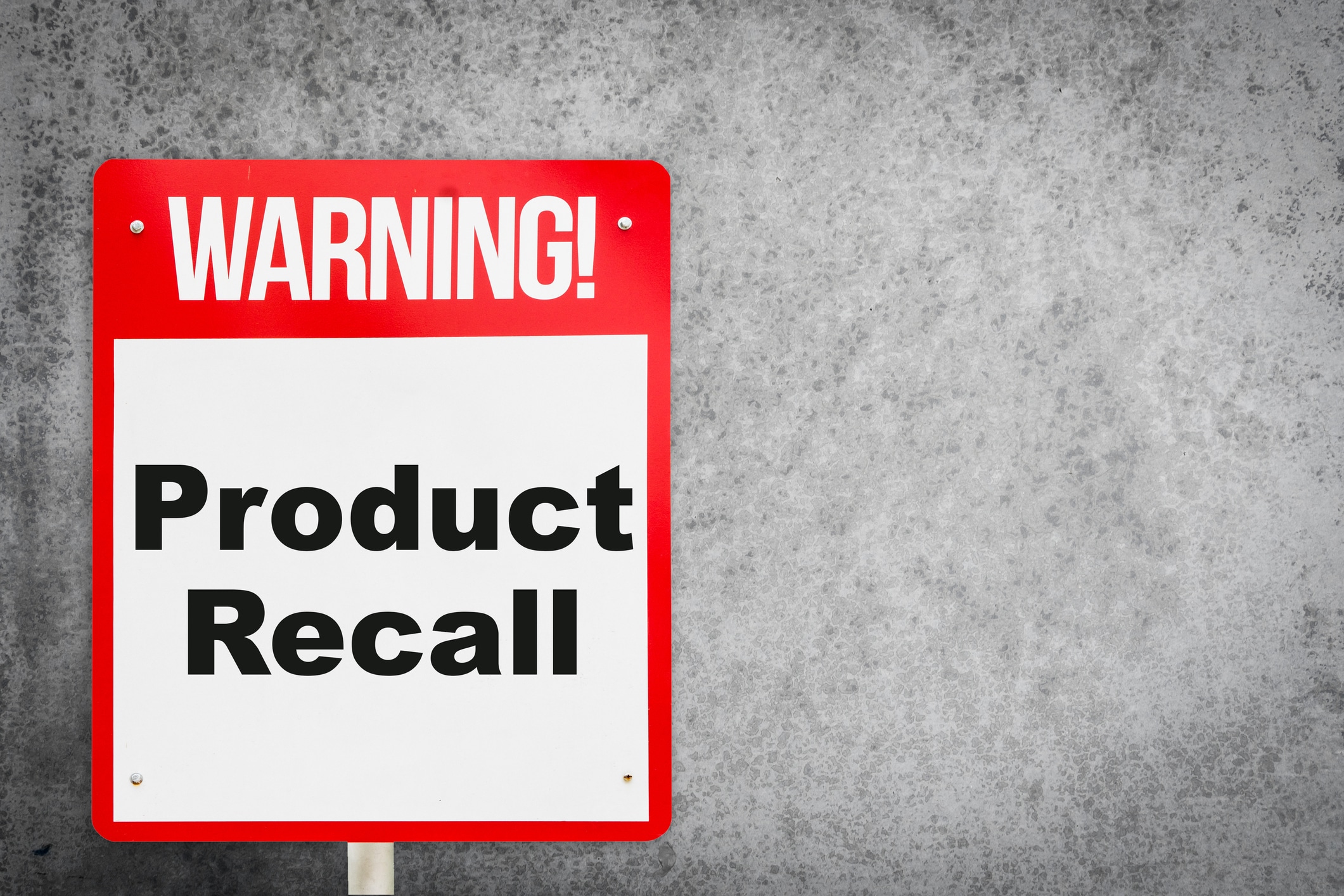 Important Safety Notice Great Value Product Recall In Michigan
May 14, 2025
Important Safety Notice Great Value Product Recall In Michigan
May 14, 2025 -
 Investigation Banned Candles Available On Etsy Walmart And Amazon Canada
May 14, 2025
Investigation Banned Candles Available On Etsy Walmart And Amazon Canada
May 14, 2025 -
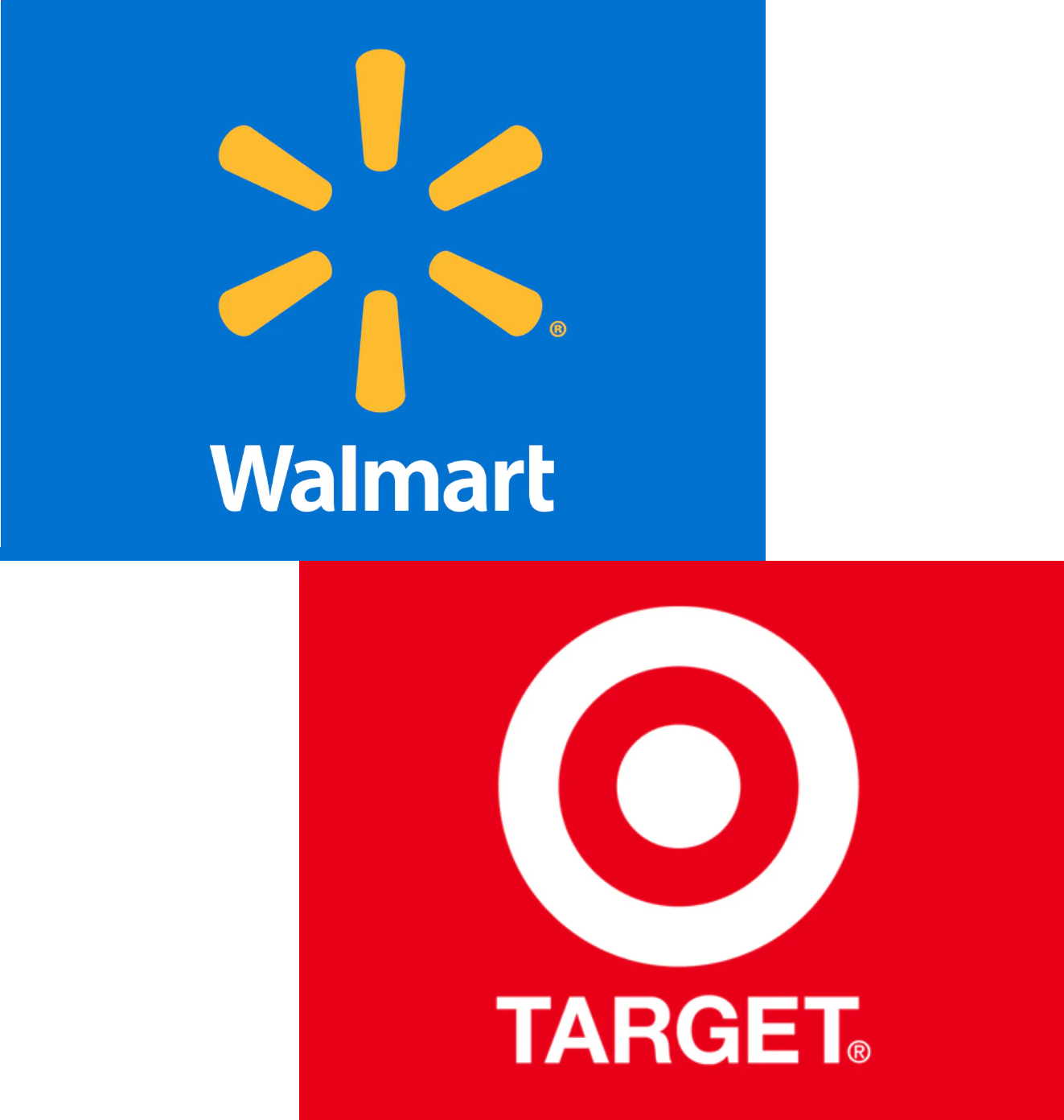 The Sale Of Banned Candles On Canadian Marketplaces Etsy Walmart Amazon
May 14, 2025
The Sale Of Banned Candles On Canadian Marketplaces Etsy Walmart Amazon
May 14, 2025
